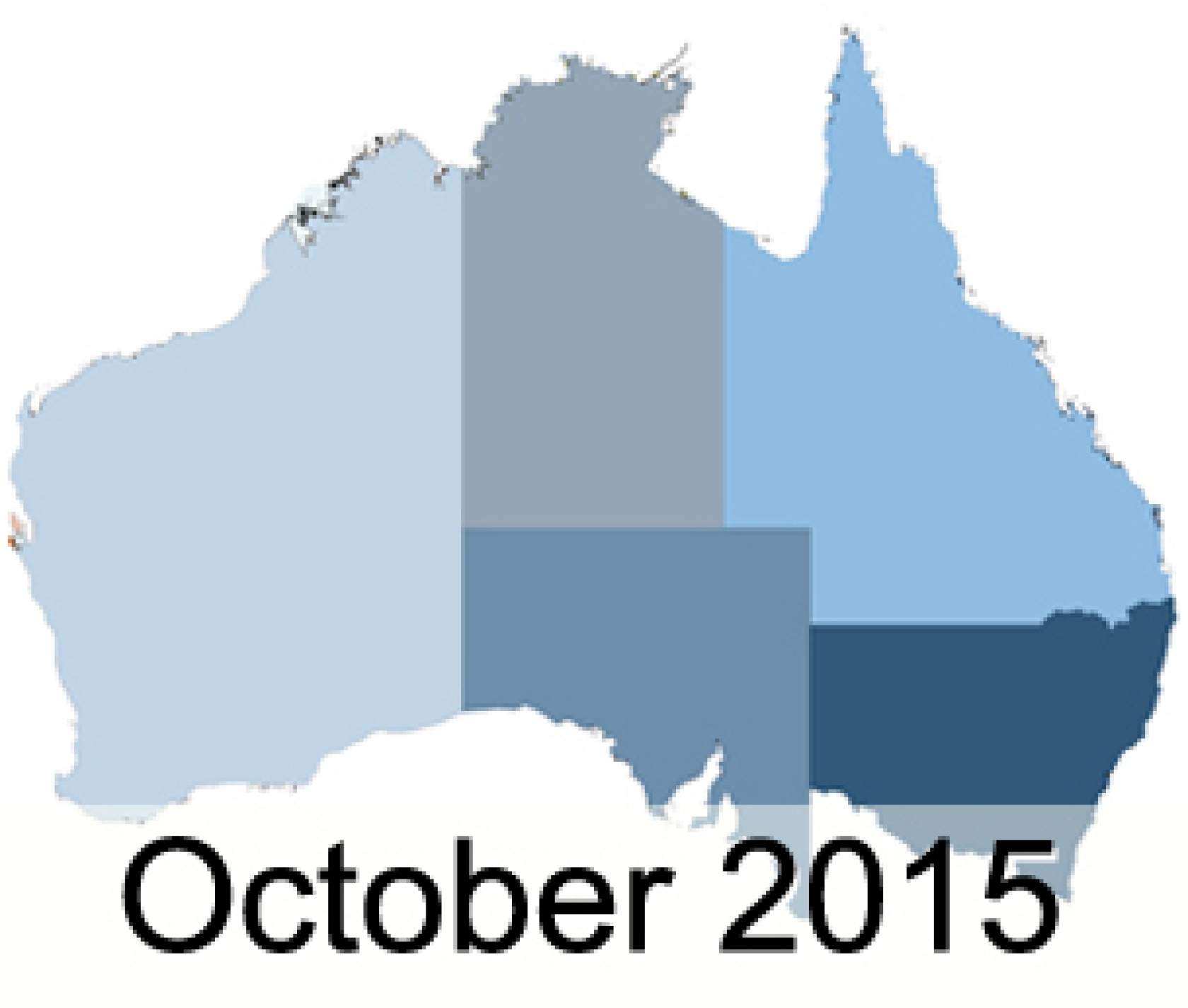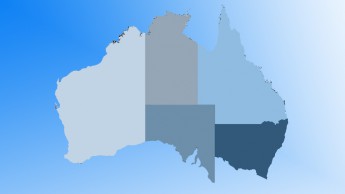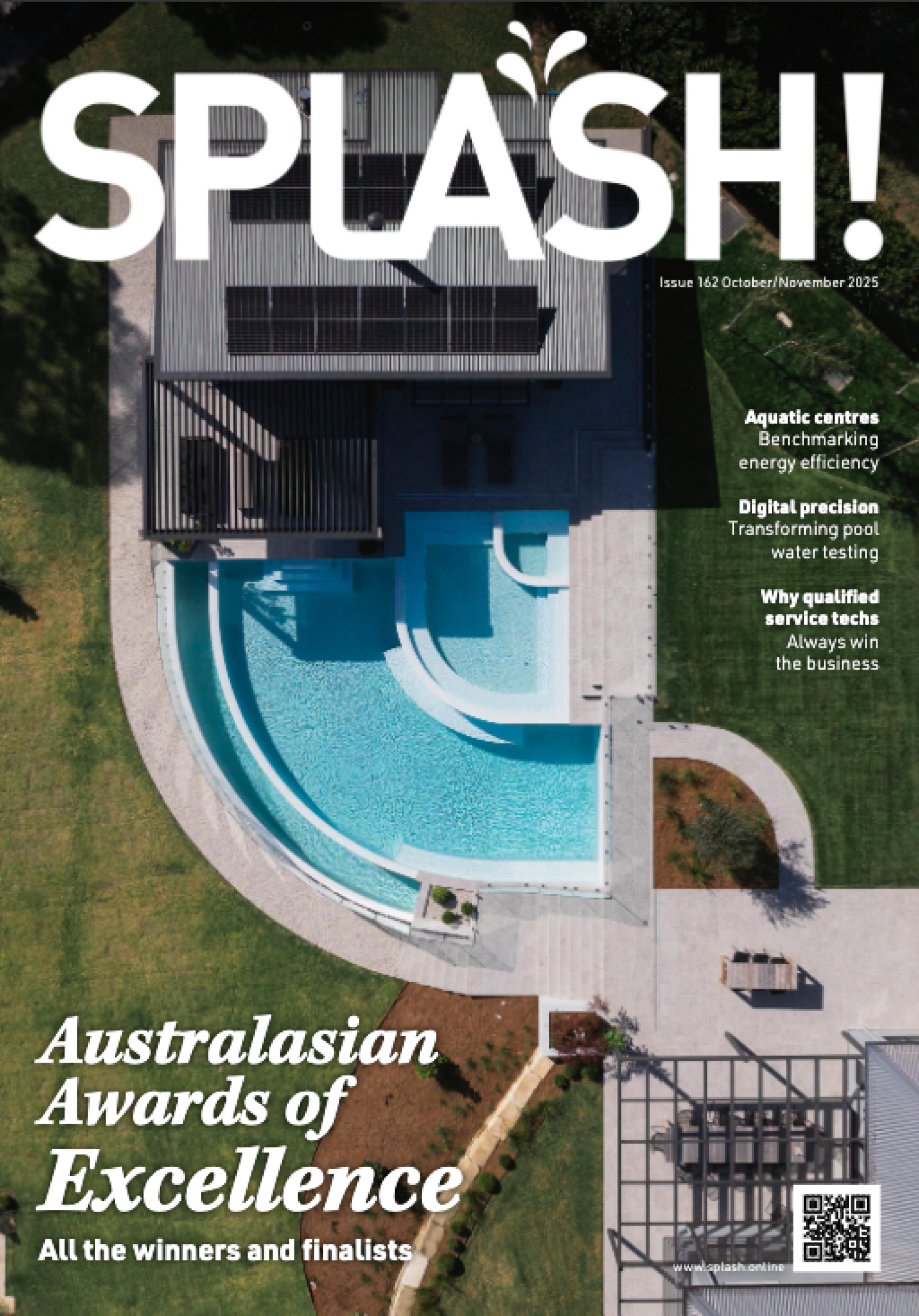SPASA Victoria walks away from national merger with SPASA Australia

 The board of SPASA Victoria has voted to cease working towards a unified SPASA Australia through the single entity blueprint.
The board of SPASA Victoria has voted to cease working towards a unified SPASA Australia through the single entity blueprint.
The remaining four states have confirmed their intention to continue with the process.
In a statement issued on October 19 SPASA Victoria says:
“The Board of SPASA Victoria has voted to discontinue involvement in the establishment of a single entity for SPASA Australia. The Board is prepared to continue discussions and maintain involvement in SPASA Australia, with the current structure as a federation of State SPASAs. The Board firmly believes the prime objective and purpose of SPASA Victoria is to serve its members and the public of Victoria. We hold the view that any de-incorporation of the current SPASA Victoria entity will result in less beneficial member services and a lower level of support for Victorian consumers.”
However, in the statement SPASA Victoria says it remains fully committed to ongoing collaboration with SPASA NSW, Queensland, South Australia, Western Australia and SPASA Australia. It will continue to share all IP, training, event management, publications, on-line contracts, commercials, digital and promotional materials, as it has done with goodwill over many years.
President of SPASA Victoria, Rob Kruber, says the Victorian board felt de-incorporation of the association would decrease direct member benefits.
“Obviously a lot of our work has been around local representation with the VBA and even with local councils,” he says. “The board felt that if it wasn’t its own entity there would be the risk of a decrease in local representation.”
He says funding wasn’t the issue and that the board decided it wasn’t about the money.
When asked why the board made the decision prior to the AGM on November 11, Kruber says the board felt it already had enough information to make a decision and wanted to give the other states fair notice.
“Obviously all the states have to make their decisions – and Victoria wanted the others states to know Victoria’s decision before they made their own, so they could make it on their own merits."
SPASA Australia response
SPASA Australia President, Lynley Papineau says that the entire SPASA Australia board is disappointed with the decision that the SPASA Victoria board has made on behalf of its members.
“Whilst SPASA Australia acknowledges the Victorian board’s decision, it is disappointing for the Victorian members who have not been given the opportunity to realise the full benefits of a national association but also have not had the opportunity to review the outcome of the merger plan that has been worked on for two years.”
“This decision has galvanised the remaining four SPASA states to push ahead with the culmination of the merger plan process and present the draft to their members for comment, debate, voting and progressing forward in 2016,” she says.
“I’m still hopeful that this is only a delay and that Victoria will eventually see the benefits, in the meantime the work towards a single national entity for the pool and spa industry in Australia will continue.”
Rob Kruber has now stepped down as a director of SPASA Australia and Callum Ross (AstralPool Australia) will be appointed to the national board representing Victoria.
What happens now?
While Victoria's decision has meant some changes in the plans for a single national entity, many things will remain unchanged.
As a founding member of SPASA Australia, Victoria will still be included in the national awards to be held at SPLASH! 2016. Kruber has confirmed there still is a current reciprocal rights agreement in place and says Victoria has every intention of maintaining those rights – which includes the national awards.
National supplier members are already members of SPASA Australia, and have been for the past two invoiced years and that position will not change, with 100 per cent of the national supplier members’ fees going to SPASA Australia.
Papineau says that all the states voted and agreed on that proposal some time ago. “So there should be no impact to the national supplier membership, and we envisage that won’t change,” she says.
SPASA Australia has a meeting on November 4 to finalise and approve the blueprint report for distribution to the members. “After that we’ll begin the consultation process of liaising with the states and their members to answer any queries or concerns they may have.
“At this point in time we’re looking to put it to a vote of state members at their AGMs. But that’s yet to be determined by the state boards. The states might determine to put it to their members earlier, but we’re also mindful of the busy season ahead.”
SPASA NSW response
SPASA NSW & ACT has confirmed it is fully committed to the national entity and will continue to dedicate its time in project analysis while seeking out the best result for all members nationally.
SPASA has asked all its members to support and allow the process to continue in creating a new and long term business model that will supply better results than have been traditionally achieved.
SPASA Queensland response
SPASA Queensland is continuing discussions with the other three states on the possible merger. There is a process under way which they will see through. The final outcome will be decided by the members next year. SPASA Queensland already voted in favour of the merger process at the 2014 AGM, with the resolution that SPASA Queensland operations transition into SPASA Australia and that SPASA Queensland de-incorporate by 1st of January 2017, or earlier. It is the intention of the Management Committee and Governing Council to act on this as soon as the SPASA Australia constitution is amended to allow for direct memberships.
SPASA South Australia response
SPASA South Australia is disappointed with Victoria’s decision not to take it to their members, and says it is in full support of SPASA going into a single entity, and plans to take the blueprint to its members shortly so they can have their say.
SPASA WA response
SPASA WA has also confirmed it is still an active participant in the process towards a single national entity.




